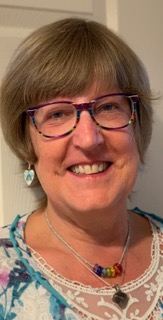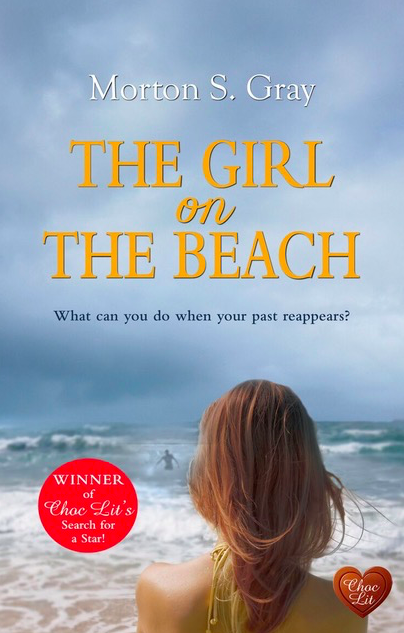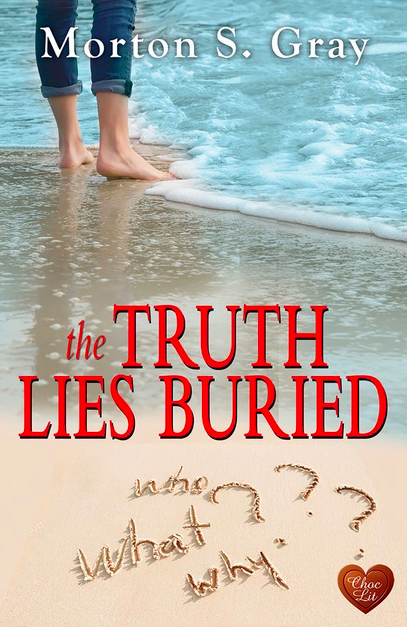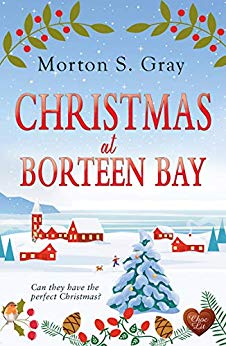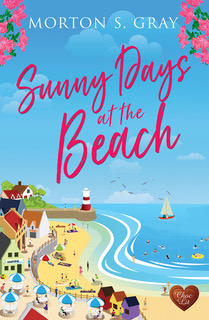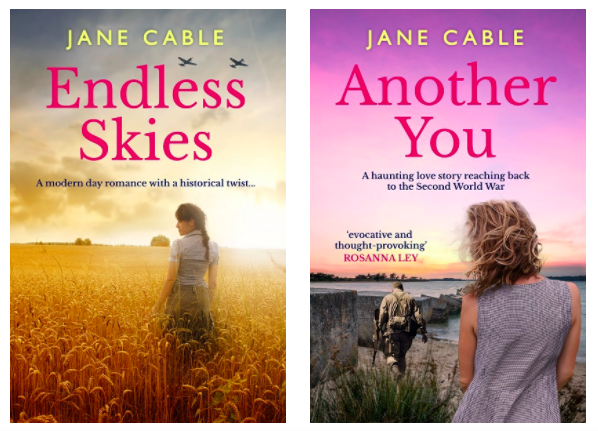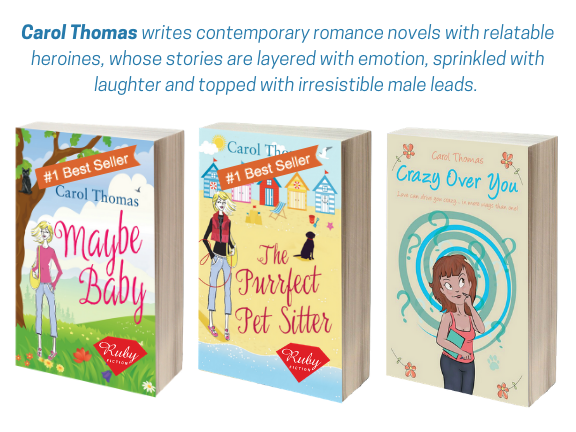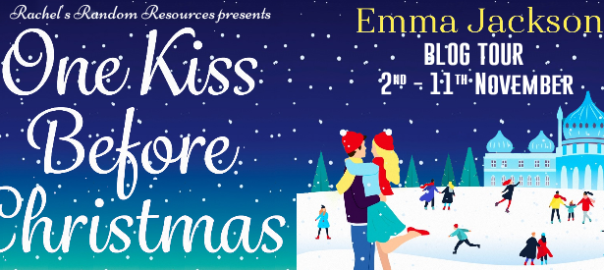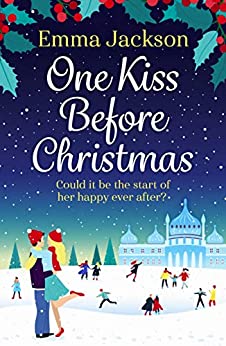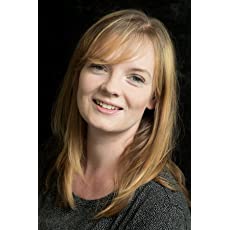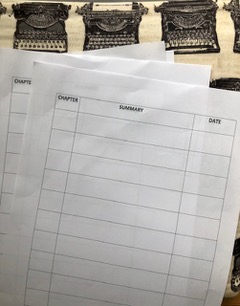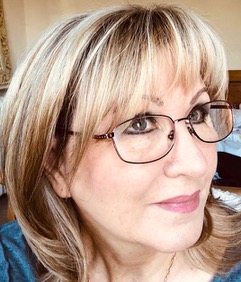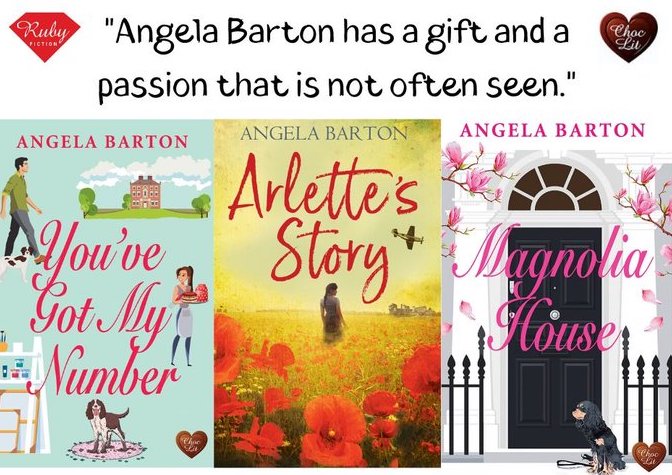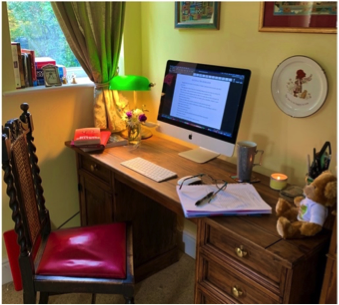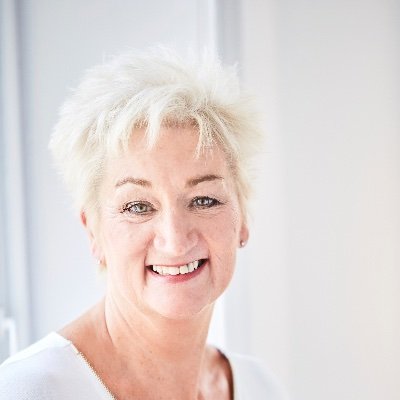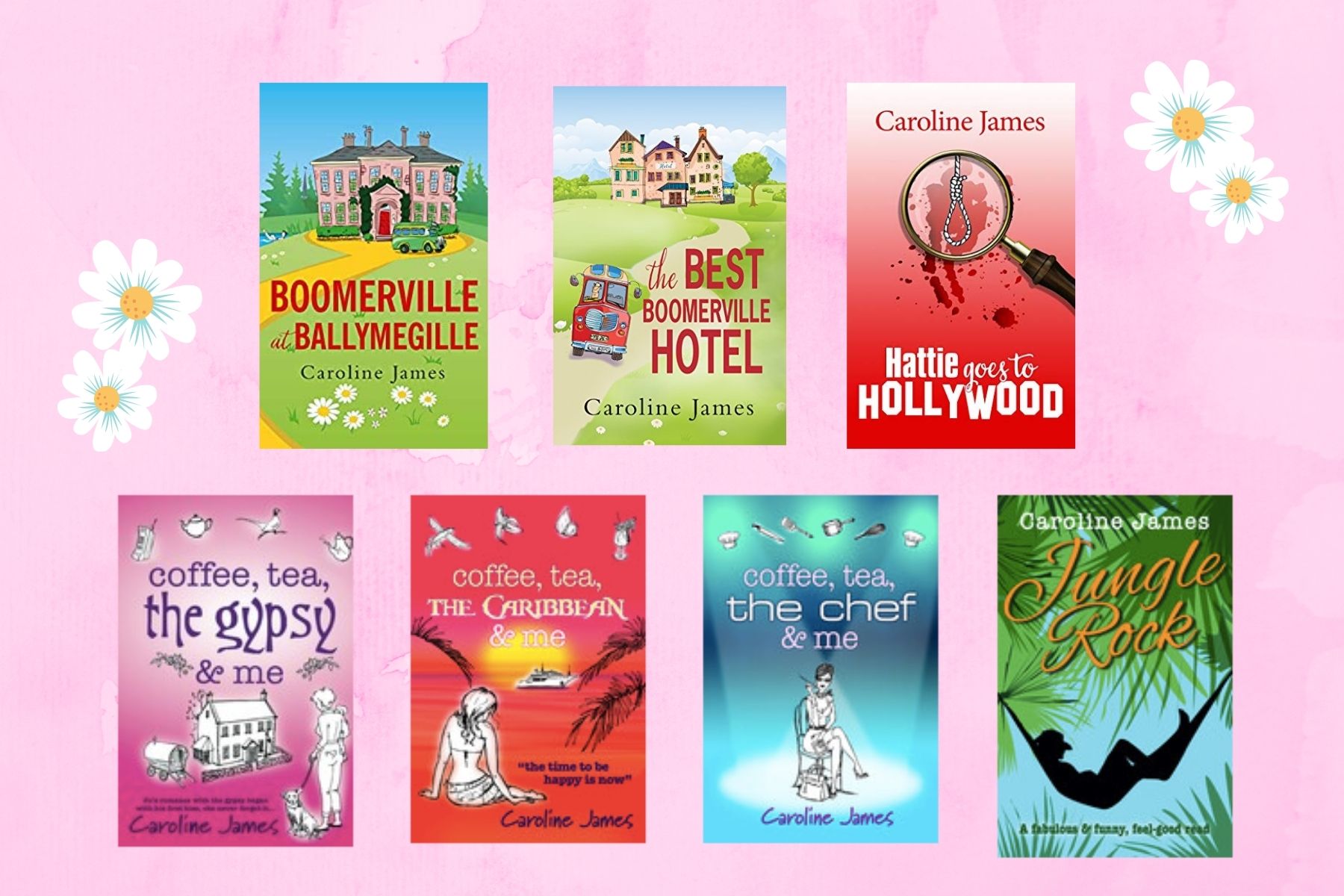Following the release of her latest novel, Christmas at the Little Beach Café Morton S. Gray shares her five top writing tips.
Congratulations on the fab new release Morton, I can’t wait to read it. And thank you for stopping by in your busy week. All that remains for me to say is, over to you…
Having recently finished my fifth novel, here are my five writing recommendations:
Allow time for musing – I find that if I allow my mind to wander, especially if I’ve just been thinking about the book I am writing, or want to write, then other things occur to me seemingly by magic. I even find that if I’m listening to music relevant lyrics seem to jump out of the songs and I can use these as writing prompts.
Always try to have something in your book that amuses you even if it isn’t a humorous book, so that when you have edited the manuscript so many times you are absolutely sick of it, you can still find something to smile about.
Carry a means of writing down ideas with you at all times, be that a notebook and pen, dictaphone or a phone app. You never know when inspiration might strike and it is all too easy to think you will remember the thought and then kick yourself later for not writing it down.
Feed your mind – sorry, I don’t mean chocolate – I mean learn new things whenever you can. You never know when you can use something in a book. My forays in early 2020 were into weaving and soap making!
Save pictures that inspire you. For example, many of my characters have been based on photographs from clothing catalogues and magazines. My mother commented the other day when I ripped a page out of a flyer we were recycling – ‘Do you want to buy that jumper as a Christmas present?’ The answer was – ‘No, this guy would make a great hero.’
About Morton S. Gray:
Award winning author of five romance novels, Morton S. Gray lives with her husband, two sons and Lily, the tiny white dog, in Worcestershire, U.K. She has been reading and writing fiction for as long as she can remember, penning her first attempt at a novel aged fourteen. She is a member of the Romantic Novelists’ Association and The Society of Authors.
Books by Morton S. Gray (click the titles to discover more, or to purchase):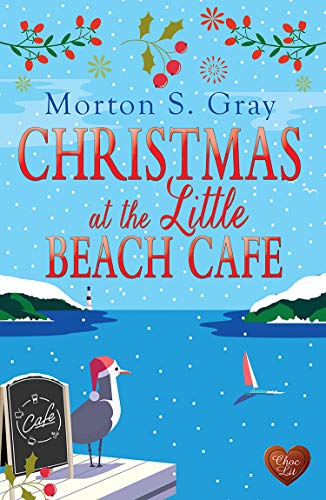
Newly released, Christmas at the Little Beach Café is already gaining great reviews. Here’s the blurb:
Run away to the little beach café this Christmas …
Five years ago at Christmas, solicitor Justin Sadler made the decision to leave his comfortable existence behind and move to the coast. Since then, he’s tried his best to ignore the festive season and, as he sits in the little beach café and reflects on that fateful night when his life was turned upside down, he expects his fifth Christmas alone to be no different to any of the others since he made his escape.
But when he encounters a mystery woman on the beach, he soon realises he may have found a fellow runaway and kindred spirit. Could Justin finally be ready to move on and let Christmas into his life again?
Morton’s debut novel The Girl on the Beach was published after she won the Choc Lit Publishing Search for a Star competition. This story follows a woman with a troubled past as she tries to unravel the mystery surrounding her son’s new headteacher, Harry Dixon. The book is available as a paperback and e-book.
Her second book for Choc Lit The Truth Lies Buried is another romantic suspense novel, The book tells the story of Jenny Simpson and Carver Rodgers as they uncover secrets from their past. This book is available as an e-book, paperback and audiobook.
Christmas at Borteen Bay was Morton’s first Christmas novella. It is set in her fictional seaside town of Borteen and follows the story of Pippa Freeman, who runs the Rose Court Guesthouse with her mother, and local policeman Ethan Gibson, as they unravel a family secret as Christmas approaches.
Bestselling Sunny Days on the Beach, is her fourth novel for Choc Lit. Again set in Borteen, this book is the story of what happens when craft shop owner, Mandy Vanes takes in an abandoned teenager, Nick Crossten and the repercussions when Graham Frankley, a gin distiller, arrives in town to say he has received a letter telling him he is Nick’s father.
You can find out more about Morton and her work here: website | Twitter | Facebook | Instagram | Apricot Plots


